The time has come to begin transitioning out of the business you’ve spent your life building, but where do you begin? Whether you are selling to family, current employees, or an outside party, there are several deal structures to evaluate. We’ll discuss things to consider with various structures but always encourage you to establish a team of professionals to assist you in this transition.
Financing
Regardless of to whom you sell the business, someone will need to finance it unless the buyer is flush with cash. Should this be you? Seller carryback/financing can help to make a deal more appealing to the buyer but also carries some risk.
- It ensures you will have a vested interest in ensuring the future success of the business
- It may allow you to spread your tax liability on the sale over a period of years
- It keeps you tied to the business and may make it harder to step away
Gifting
If the transition is to a family member, business owners may want to consider gifting some of the business rather than selling 100%. You have spent your life building the business to what it is today, and the value built is likely what is funding your retirement. However, gifting some portion of the business may make sense in the right situation.
- A partial gift rewards the relative who has often worked in the business for years but still ensures they have some skin in the game
- It reduces the amount of cash or financing they will need to secure to purchase the business
In this situation, it is crucial to get a formal valuation of the business. This substantiates the gift value with the IRS and may help to avoid disagreement between other family members regarding how much “value” is being given away to the involved relative.
Tax Strategy
Both the financing and gifting options above will impact the tax on the deal. But there are many additional aspects to consider.
- The timing of cash received on the sale of the business will determine when the tax is due
- The allocation of the sales price between asset type will determine the rate of tax paid on the deal
- Whether you sell stock or assets will impact the tax paid by you on the ultimate sale, as well as the benefit to the buyer
It’s important to work with your CPA, financial planner, and attorney to fully understand what this means for you both now and in the future. Having a solid understanding of your financial picture before you even consider the deal, opens up more opportunities for the structure depending on your future cash needs.
Estate Tax
Finally, you must consider estate tax, particularly in businesses being transitioned to a family member. Through outright gifting or even a bargain purchase where you sell for less than the fair-market value of the business, careful structuring of the deal can significantly reduce the tax burden upon your death.
Transitioning the business you have spent years building is an exciting, stressful, and emotional time. Surround yourself with qualified advisors, including a CPA, attorney, financial planner, and valuation professional to ensure the transition is done in a manner that will secure the longevity of the business as well as prepare you for retirement or the next adventure on your horizon.
ABOUT THE AUTHOR
Courtney De Ronde
Relevant Posts
Learn What Your Business Needs Most to Unlock Faster Growth
Your business relies on four key areas, or centers of intelligence, to thrive. Take the free Business Intelligence Grader to see how you score across financial, leadership, productivity, and human intelligence and learn where to focus to drive greater results.
Your business relies on four key areas, or centers of intelligence, to thrive. Take the free Business Intelligence Grader to see how you score across financial, leadership, productivity, and human intelligence and learn where to focus to drive greater results.



